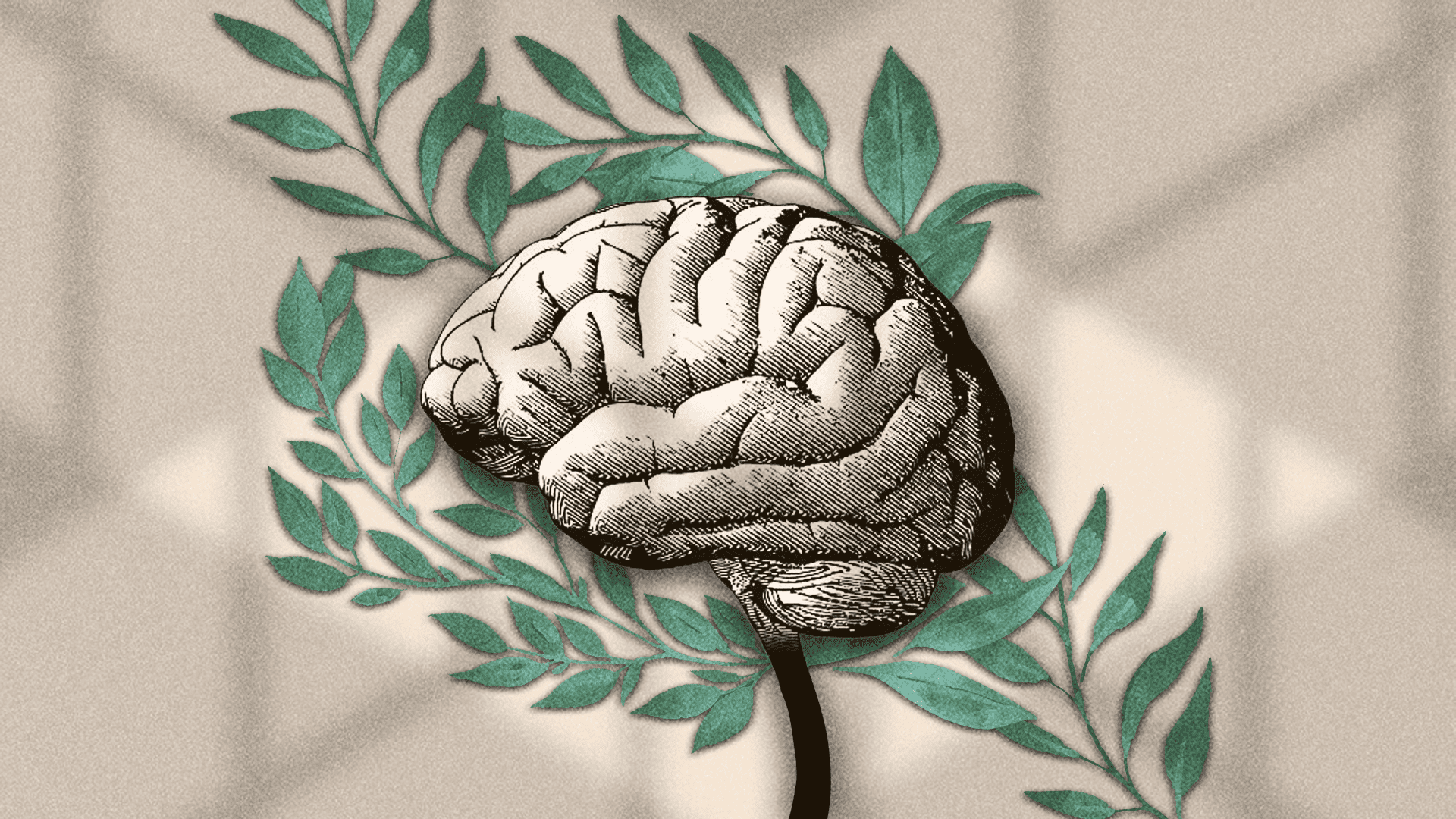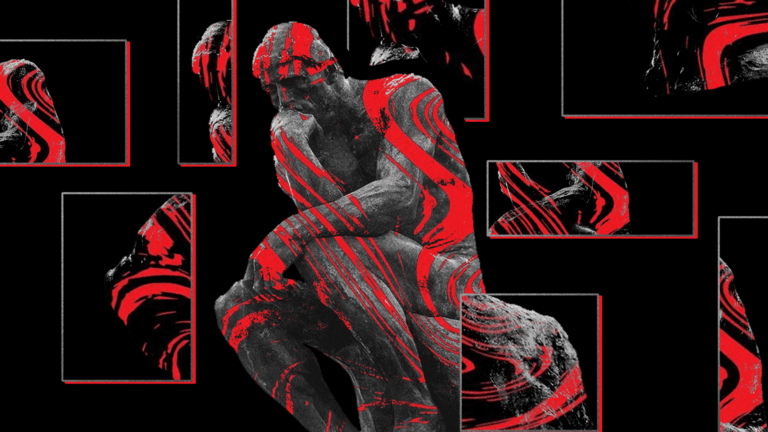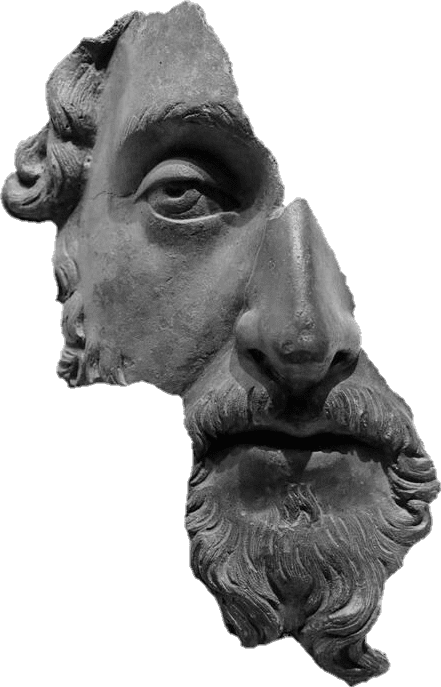I used to be paralyzed at the thought of being stuck in a 40 year career trajectory, so much so that I was afraid to start.
Though I don’t think this is just a “me” problem. It sure as hell felt like it, and the bulk of the weight was exacerbated by traditional linear-thinking.
The majority of people grow up thinking under the paradigms established by their parents. With 30+ (!!!) years of age separation, there really isn’t a reason to carry this through to adulthood. What worked for the previous generations won’t for the next– adaptivity is needed.
So what’s the antidote?
Bayesian thinking.
When uncertainty is certain, Bayesian thinking is useful for finding an edge.
It involves updating our beliefs based on new evidence.
It’s a process of starting with a prior belief and refining it as more information is gathered. This is something not present in the neoclassical economic paradigm.
As we gather new evidence, Bayesian reasoning assesses the strength of the evidence and adjusts our beliefs accordingly. This is an adaptive process that makes our decisions more nuanced.
It’s synthesis rather than analysis.
Instead of relying on gut instincts or following the herd, we can use data to revamp our choices. This helps us avoid common decision-making mistakes such as overconfidence, anchoring, and confirmation bias.
The Tao tells us to “be formless like water” and “take the shape of the vessel” and that’s exactly what’s going on here. This fluidity in thinking is something not commonly taught though reductionist methods. It’s valuable because…
“It is the responsibility of leadership to work intelligently with what is given, and not waste time fantasizing about a world of flawless people and perfect choices”.
This Marcus Aurelius quote summarizes almost every decision made at a governance and investment level (and whether or not to send that text to your crush). By the time you have all the information, the decision is made for you. You need to make the highest statistical decision within your own bounded rationality.
In situations where there is too much uncertainty or too little data to make accurate predictions, it’s essential to recognize the limitations of our knowledge and remain humble (so…pretty much always).
Nevertheless, it’s our task to make key decisions with imperfect data and be able to swap between paradigms of thinking.
Whether we are investing in the stock market, planning for the future, or navigating the complexities of daily life, Bayesian thinking provides a valuable framework for making more informed choices.
Sign up to our QYP Newsletter to start to make better decisions! ![]()










